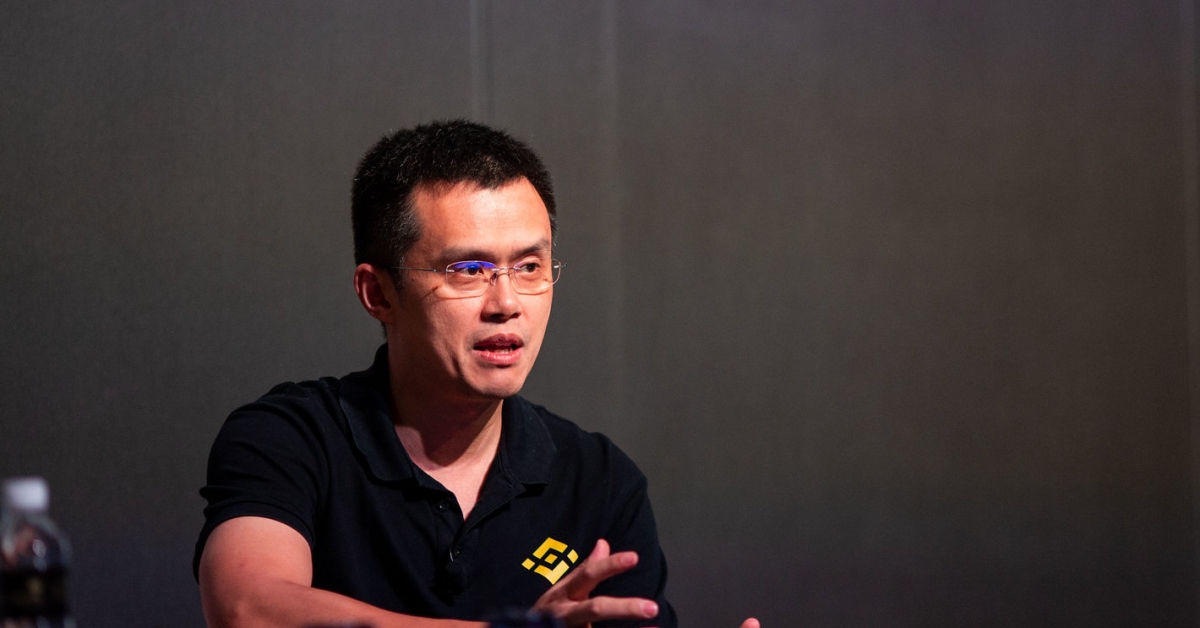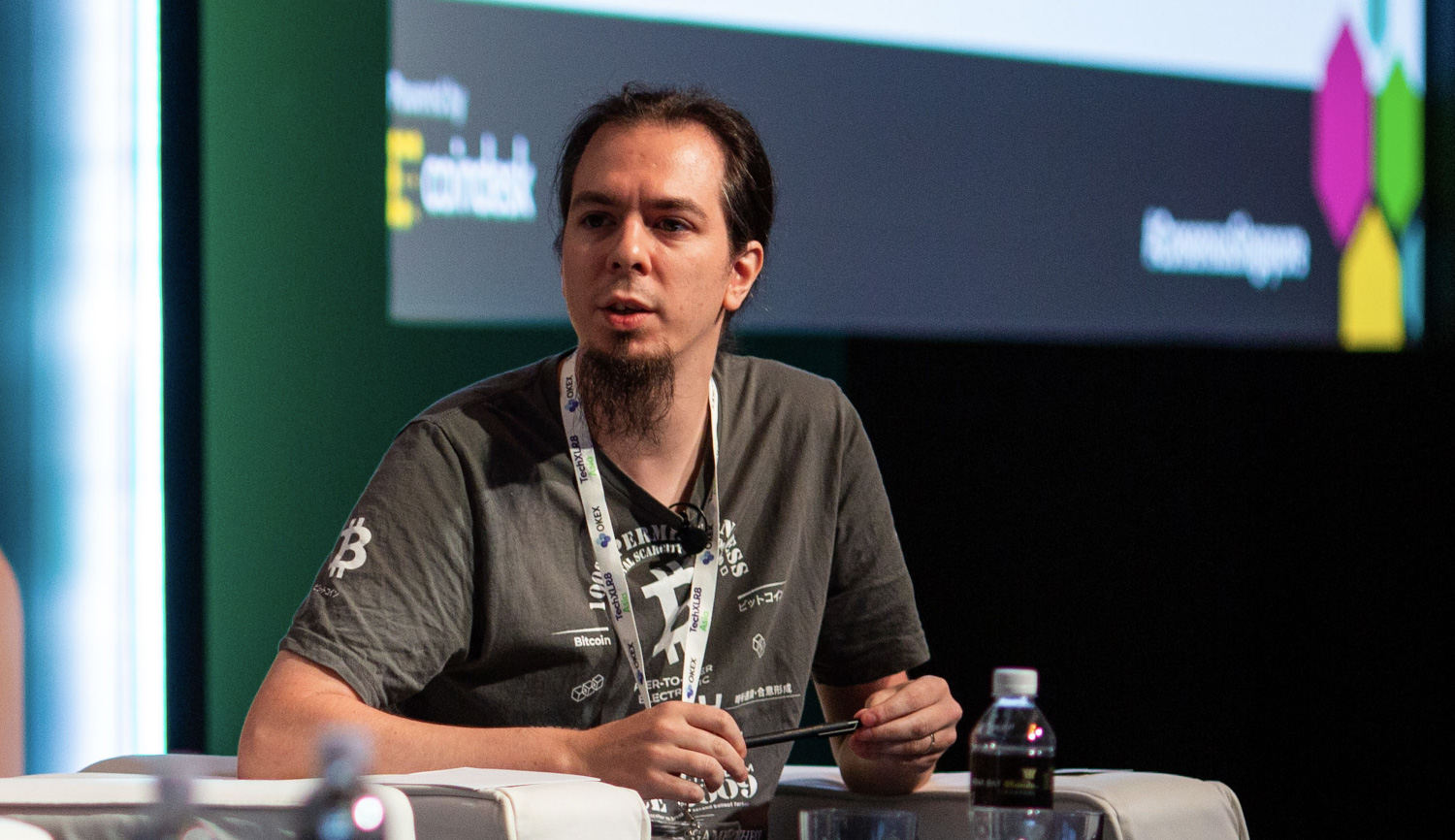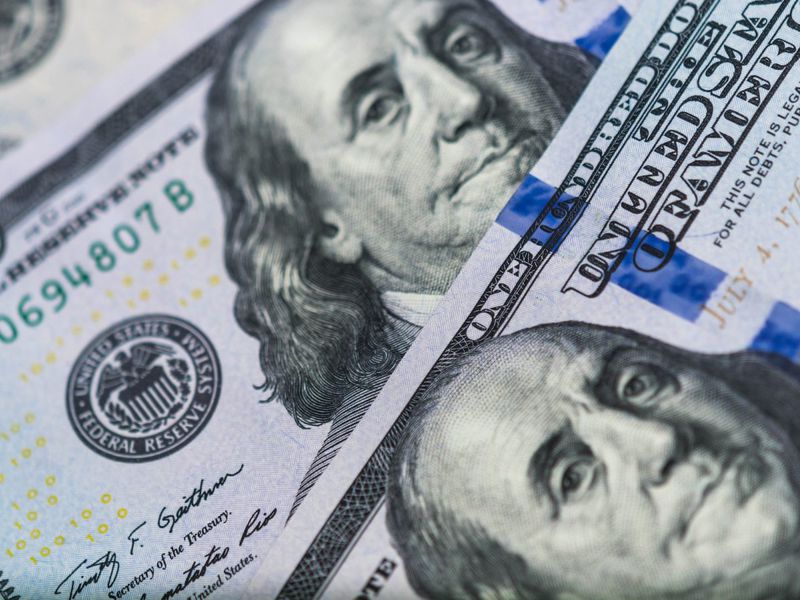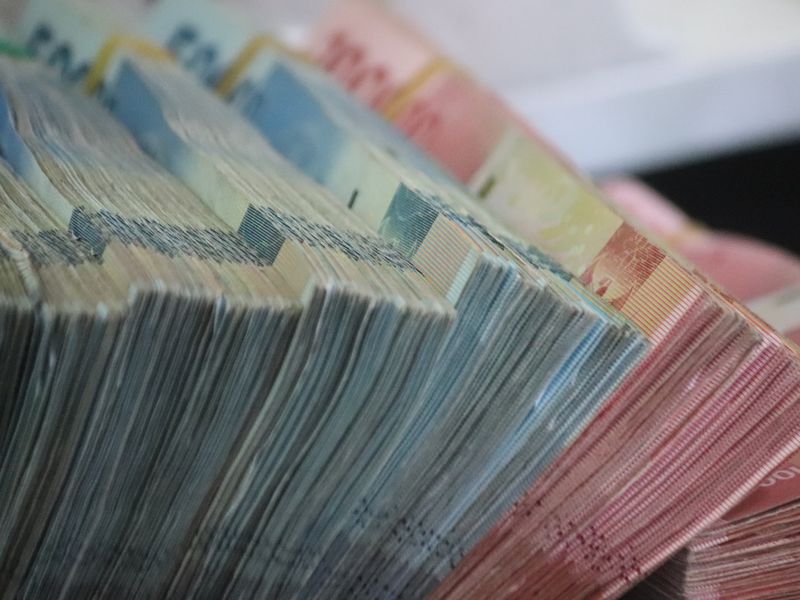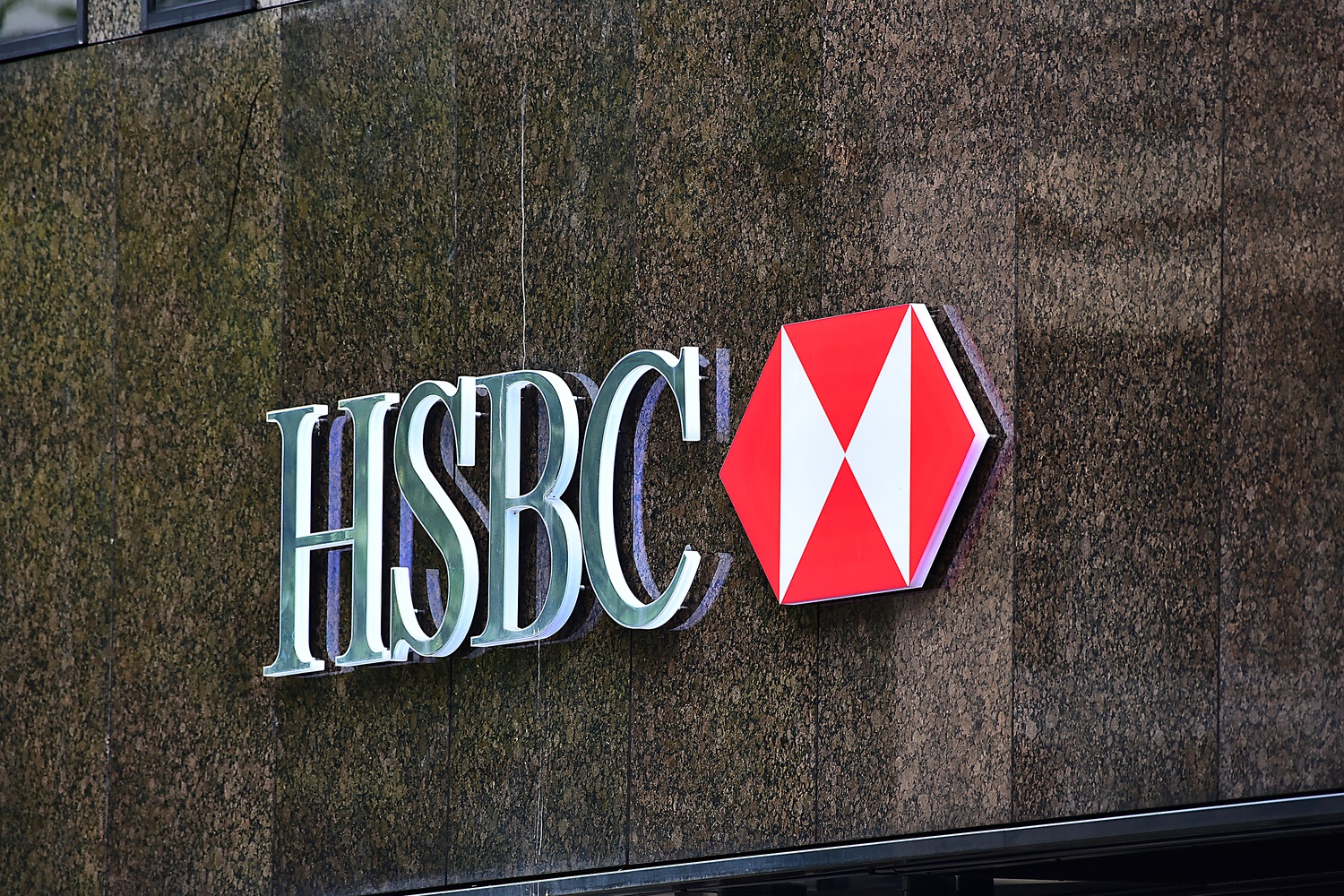FTX’s Bankruptcy Lawyers: ‘The Dumpster Fire Is Out’
Featured SpeakerChristy Goldsmith Romero
CommissionerU.S. Commodity Futures Trading Commission

Explore the policy fallout from the 2022 market crash, the advance of CBDCs and more.
:format(jpg)/www.coindesk.com/resizer/Wp_9JBk78AmIs8_Yu11cdVp5OZk=/arc-photo-coindesk/arc2-prod/public/SGJ5I72WCZGERM6ZC74CJCQCZQ.png)
Cheyenne Ligon is a CoinDesk news reporter with a focus on crypto regulation and policy. She has no significant crypto holdings.
Featured SpeakerChristy Goldsmith Romero
CommissionerU.S. Commodity Futures Trading Commission

Explore the policy fallout from the 2022 market crash, the advance of CBDCs and more.
Five months after the spectacular implosion of FTX, the Bahamas-based crypto exchange’s new legal team has a message for both the U.S. bankruptcy court and creditors alike: “The situation has been stabilized and the dumpster fire is out.”
Made by FTX’s lead bankruptcy attorney Andy Dietderich, a partner at New York law firm Sullivan & Cromwell, the remarks came at a hearing on Wednesday before U.S. Bankruptcy Court Judge John D. Dorsey of the District of Delaware.
Dietderich told the court that the team of professionals who took over FTX after former CEO Sam Bankman-Fried was forced to step down was working hard to build balance sheets from scratch and track down assets for customer recovery. So far, according to a presentation made by Dietderich, the company has recovered a whopping $7.3 billion in mostly liquid, distributable assets, up nearly $2 billion from the figure lawyers gave at a hearing in January.
The company plans to file a preliminary plan of reorganization in July, Dietderich added, and tentatively expects to set a customer bar date – the deadline to file a proof of claim against FTX, which will be done using a still-to-be-made customer portal – by the end of September.
Part of that plan could include restarting the exchange, though Dietderich said that was just one option among many.
In addition to tracking down the firm’s missing $8 billion, Dietderich said FTX’s leadership has been working extensively with U.S. law enforcement agencies that are investigating Bankman-Fried for fraud. Several other members of Bankman-Fried’s inner circle, including former Alameda CEO Caroline Ellison, FTX Director of Engineering Nishad Singh and co-founder Gary Wang, have all pleaded guilty to their roles in the alleged scheme.
Dietderich said Wang in particular has been helping FTX’s new leadership “locate additional assets.”
A Sunday report from FTX CEO John J. Ray III, who was brought in following the exit of Bankman-Fried and his lieutenants, highlighted the sloppiness of FTX’s operation under the former CEO’s leadership, and painted a picture of an environment where millions of dollars were misplaced and basic accounting was not done.
“Mr. Bankman-Fried repeatedly, pervasively, and often persuasively lied to stakeholders and customers and creditors in order to maintain a digital con game,” Dietderich told the court. “[FTX] was a facade, a digital Potemkin village or, perhaps more apt, a video game,” he continued. Behind the user interface there was no correspondingly sophisticated reality, no equivalent process for segregating assets or reconciling trades, no reliable relationship between the positions reflected in the online game and the underlying positions held in the real world.”
Attorneys for Bankman-Fried appeared at Wednesday’s hearing to petition Judge Dorsey to lift the automatic stay motion preventing the now-disgraced CEO from accessing insurance benefits provided by FTX that would help pay his legal costs. He is reportedly currently paying his lawyers with money he gifted to his father – Stanford law professor Joseph Bankman – from Alameda’s coffers.
Judge Dorsey denied Bankman-Fried’s motion, claiming he had been shown “no evidence” that such relief was appropriate.
Edited by Stephen Alpher.
DISCLOSURE
Please note that our
privacy policy,
terms of use,
cookies,
and
do not sell my personal information
has been updated
.
The leader in news and information on cryptocurrency, digital assets and the future of money, CoinDesk is a media outlet that strives for the highest journalistic standards and abides by a
strict set of editorial policies.
CoinDesk is an independent operating subsidiary of
Digital Currency Group,
which invests in
cryptocurrencies
and blockchain
startups.
As part of their compensation, certain CoinDesk employees, including editorial employees, may receive exposure to DCG equity in the form of
stock appreciation rights,
which vest over a multi-year period. CoinDesk journalists are not allowed to purchase stock outright in DCG
.
:format(jpg)/www.coindesk.com/resizer/Wp_9JBk78AmIs8_Yu11cdVp5OZk=/arc-photo-coindesk/arc2-prod/public/SGJ5I72WCZGERM6ZC74CJCQCZQ.png)
Cheyenne Ligon is a CoinDesk news reporter with a focus on crypto regulation and policy. She has no significant crypto holdings.
Learn more about Consensus 2023, CoinDesk’s longest-running and most influential event that brings together all sides of crypto, blockchain and Web3. Head to consensus.coindesk.com to register and buy your pass now.
:format(jpg)/www.coindesk.com/resizer/Wp_9JBk78AmIs8_Yu11cdVp5OZk=/arc-photo-coindesk/arc2-prod/public/SGJ5I72WCZGERM6ZC74CJCQCZQ.png)
Cheyenne Ligon is a CoinDesk news reporter with a focus on crypto regulation and policy. She has no significant crypto holdings.

